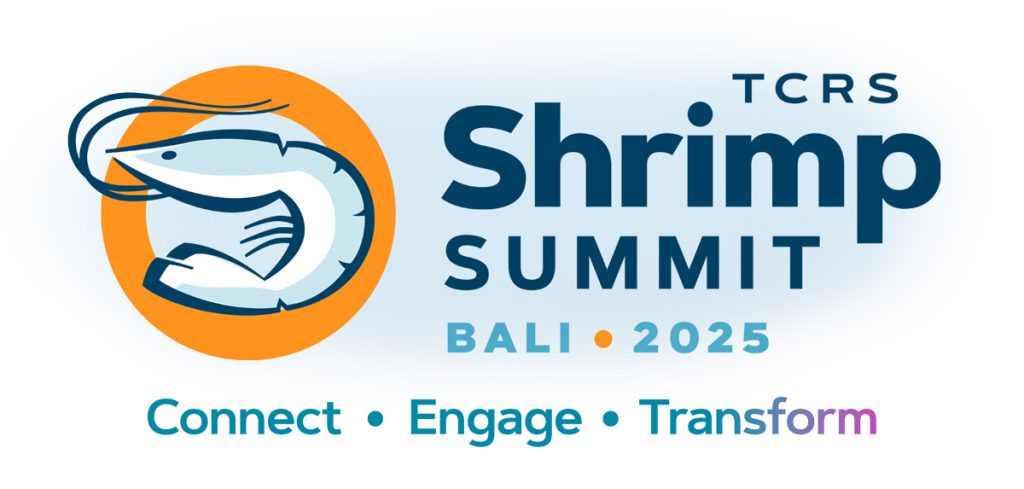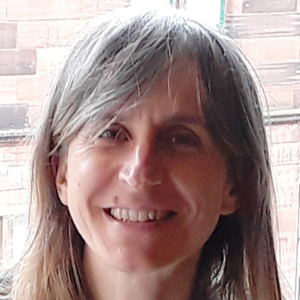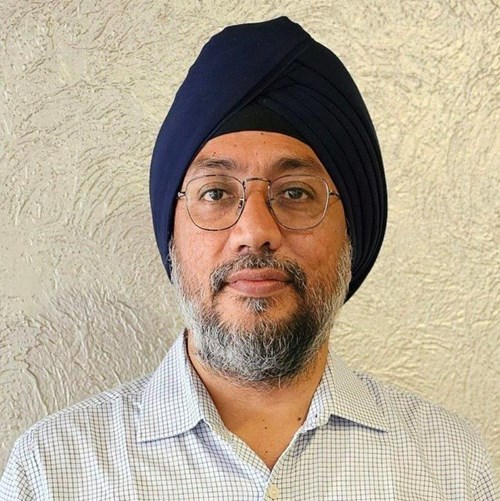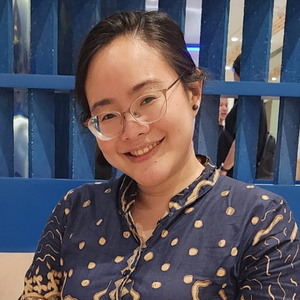
Consumers have become increasingly attuned to the humane treatment of animals. This session explored three critical topics: avoiding the use of shrimp eyestalk ablation as a mechanism to stimulate increased egg production; advances in humane slaughter of shrimp, including the evaluation of electrical stunning and chill killing; and morphological indicators for assessing stress in shrimp during growout. The discussion highlighted emerging best practices and innovative approaches aimed at improving welfare standards in shrimp farming.

Simão Zacarias is a Researcher at University of Stirling, visiting Researcher at Asian Institute of Technology and The Center for Responsible Seafood supporting staff. He has been working on viable alternative paths to shrimp eyestalk ablation. He also work on “ Improving Farmed Fish Welfare in Asia” project in which the focus is on developing new interventions that will have positive fish (including shrimp) welfare outcomes in Thailand and Vietnam and provide education on aquatic farmed animal welfare. He was the 2020 Global Aquaculture Innovation Award Winner which recognized his innovative research on advantages of stopping using shrimp eyestalk ablation.

Amaya Albalat, originally from Spain, moved to Scotland in 2005 after completing a PhD in fish physiology. Once in Scotland she started her work with decapod crustaceans both as a postdoctoral researcher at the University of Glasgow and as an established academic at the Institute of Aquaculture, University of Stirling. Her research is focused on understanding how commercial fishing and aquaculture practices impact the physiology of decapod species from a welfare perspective.
Some of Albalat's current work includes assessing the impact of different stunning methods at the time of killing. She approaches this question by assessing behavioral, neurological, and physiological responses in laboratory and farm settings. Her work also includes the impact that animal welfare might have on product quality and from an innovation perspective she is exploring different technologies for shelf-life extension in decapod crustaceans.

Sarabpreet has been associated with the seafood industry for over 20 years in various capacities. As General Manager at Devi Seafoods he been working on strategies to achieve the company’s sustainability goals. As part of eco certification and sustainability initiatives of shrimp farms, he has engaged with different stake holders of the industry. Devi Seafoods having integrated infrastructure and presence across the entire shrimp supply chain has given him opportunity to implement international sustainability standards in shrimp hatchery, farms, feed mill and processing facilities.

Napatsorn Torchareon is a veterinarian and aquaculture specialist with over nine years of experience advancing welfare standards in shrimp and tilapia farming. She holds a Master of Applied Science with Honours from the University of Tasmania and a Doctor of Veterinary Medicine from Kasetsart University.
As Project Coordinator at Creative Labs Asia, Napatsorn leads initiatives to raise industry awareness and implement practical welfare indicators and assessments on farms, directly improving shrimp health and production efficiency. Her background spans technical farm services, feed and farm management, and business development in the aquafeed sector, including roles at Kemin Industries and Betagro Group.
Napatsorn also serves as Treasurer for the Thai Aquatic Veterinary Association, coordinating educational programs for farmers and veterinarians. Her expertise positions her as a passionate advocate for integrating welfare into commercial aquaculture, unlocking greater market access and value for producers through responsible and sustainable practices.